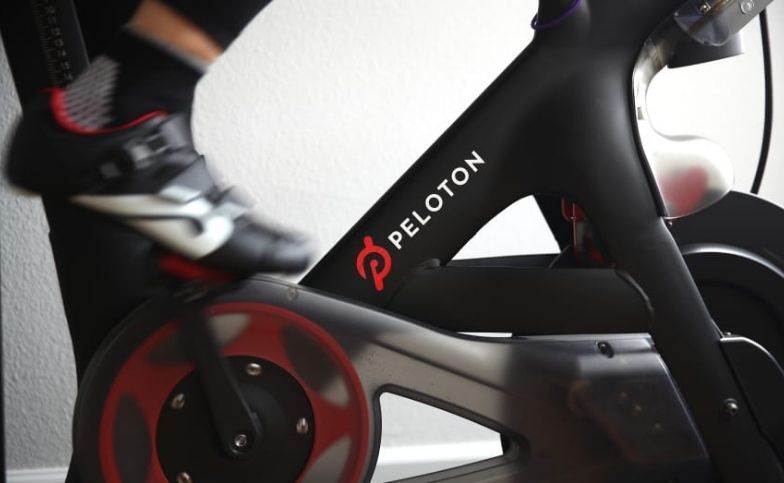Peloton Interactive Inc. filed a preemptive lawsuit against Lululemon Athletica Inc. to safeguard the workout-bike maker’s new athletic-wear line from a trademark lawsuit filed by its former co-branding partner.
In a cease and desist letter dated November 11, Lululemon, a Vancouver-based fitness clothing company, alleged that five Peloton items infringe on its clothes design patents. Peloton then filed a lawsuit in federal court in Manhattan on Wednesday, just two days before the start of the holiday shopping season on Black Friday.
Infringement of Trademarks and Trade Dress
Based in New York, Peloton has been selling clothes since 2014 and launched its clothing line in September following an “amicable” severance of its co-branding agreement with Lululemon. Lululemon threatened to sue over trademark infringement and trade dress (the distinctive visual look of its products) as well as theft of trade secrets in its letter.
Peloton claimed in the complaint, “Lululemon’s allegations lack any merit. ven a quick comparison of the Lululemon patented designs with the allegedly infringing Peloton products reveals numerous clear and obvious differences that allow the products to be easily distinguished.”
Lululemon spokeswoman Erin Hankinson said in a statement on Friday that the firm has “requested that Peloton cease and desist selling several styles of apparel which we believe infringe upon Lululemon’s design patents. We will defend our proprietary rights, to protect the integrity of our brand, and to safeguard our intellectual property.”
Strappy Bra, Cadent Laser Dot Legging, Cadent Laser Dot Bra, High Neck Bra, Cadent Peak Bra, and One Lux Tight are the Peloton products at issue in the dispute.
Lululemon Fires Back At Peloton

In a deepening conflict over the designs of its sports bras and leggings, Lululemon filed an anticipated patent complaint against Peloton on Monday, November 24.
Lululemon is seeking an injunction against Peloton’s infringement of its intellectual property rights in the claim filed in the Central District of California. Damages and other monetary remedies are often sought.
Peloton has insisted that its sporting attire is distinguishable from Lululemon’s. According to the court, Lululemon’s garment designs are likewise too “obvious” to warrant patent protection.
The Two Companies Feud
The feud between the two companies arose after Peloton launched an extensive marketing campaign for its clothesline earlier this year. For years, the related exercise equipment company marketed garments with its “P” logo slapped on from names like Nike and Lululemon.
However, it has recently decided to pivot and invest in the production of its own leggings, sports bras, and exercise tanks for women and men.
Legal Battle Over Sports Bras
The Peloton and Lululemon Saga is what happens when companies move from being partners to becoming rivals.
The cases brought by both sides contain numerous subtle points. But, more broadly, it’s about how Lululemon and Peloton have become rivals as they seek new revenue streams. Through its acquisition of Mirror, Peloton has begun producing gear, and Lululemon has already started selling training equipment.
These lawsuits appear to be an attempt by the brands to define their territory and prohibit the other from intruding.
“It seems like what Lululemon is really upset about is that they had a former partner who is now a competitor,” says Sarah Burstein, a design patent expert, and professor of law at the University of Oklahoma.
What’s At Stake?
Legal conflicts, according to Burstein, aren’t necessarily about legal rights. There’s also the issue of brand image to think about. By pursuing one other in such a high-profile case, both parties must consider how such actions may affect consumer perceptions of their respective businesses.
According to Burstein, the corporations mustn’t appear to be pressuring each other. “There’s law, and there is business and PR,” she explains. “Part of pursuing these lawsuits has to do with how you’re perceived in the market. You never want to come off as bullying,” she added.
Despite this, the majority of lawsuits are settled out of court. However, if the matter proceeds through the legal system, millions of money could be at stake. “Patent infringement is a very scary weapon to have in your litigation,” adds Burstein.













